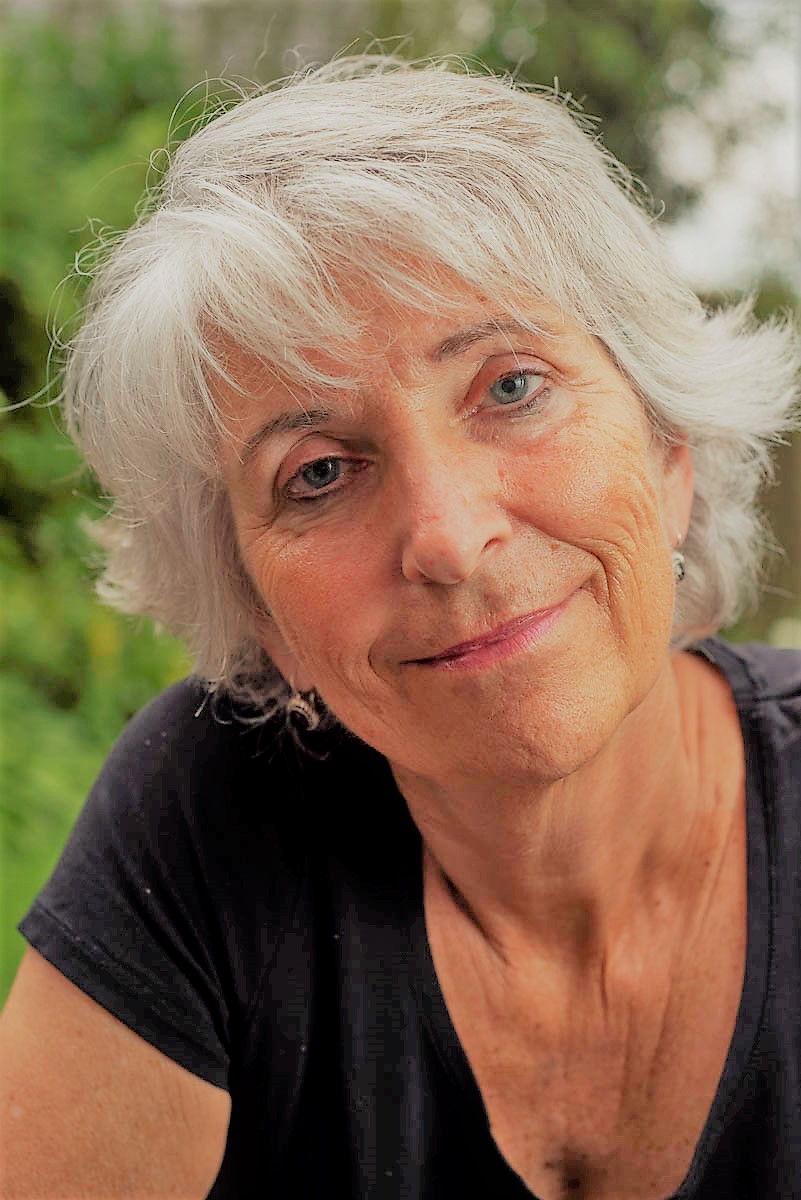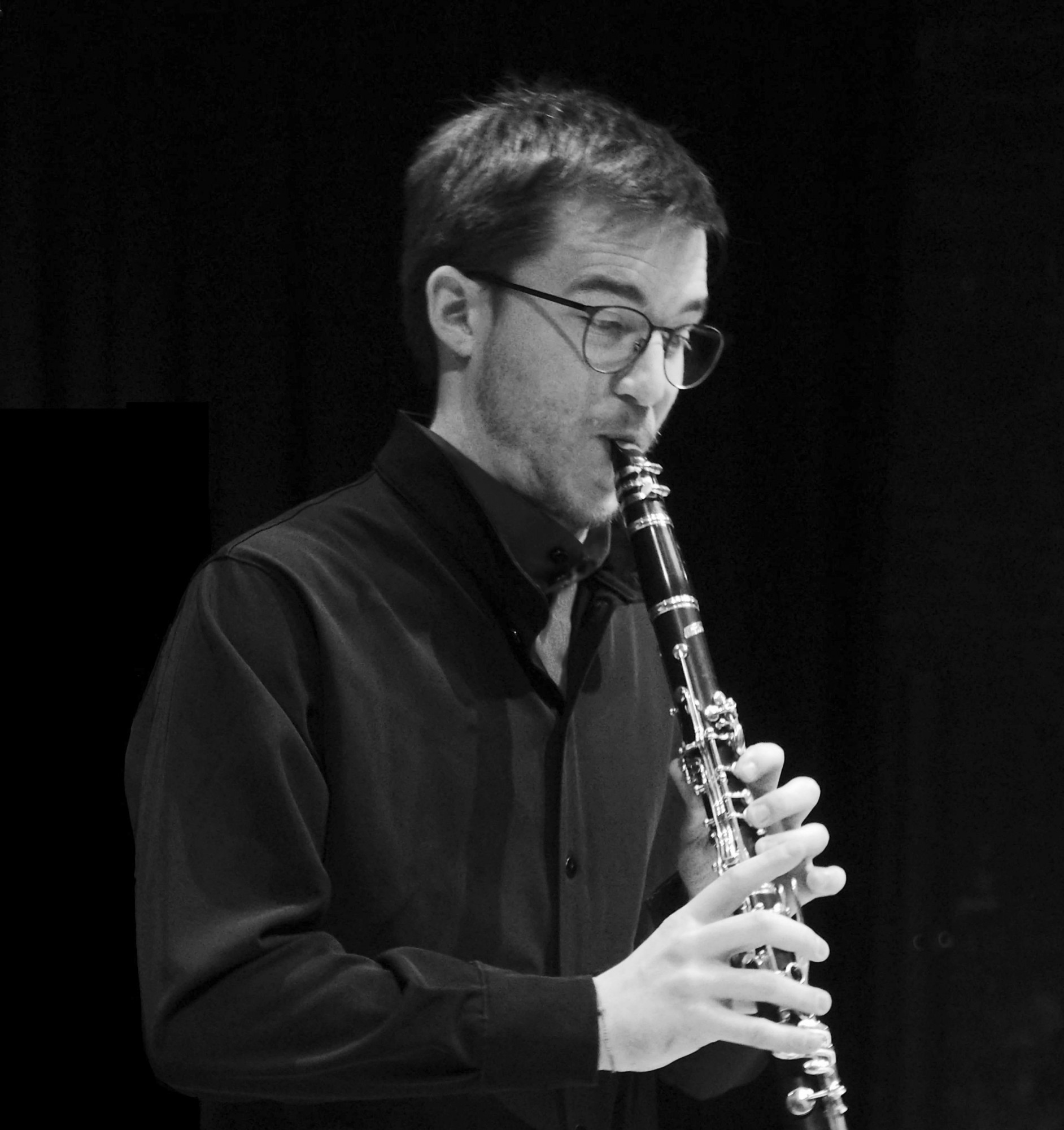Klezmer met Helikon Kwartet en klarinettist Marco Danesi
Marco Danesi – Klarinet
Helikon Quartet
Stella Zake en Marieke Kosters – viool
Lotus de Vries – altviool
Renate Apperloo – cello
Marco Danesi – Klarinet
Programma:
Golijov – Dreams and prayers of Isaac the blind
Prelude
I movement
II movement
K’vakarat
Postlude
David Bruce – Gumboots
Part one
Dance I Dance II
Dance III
Dance IV
Dance V
De muziek van bovenstaande componisten is heel verschillend, toch hebben ze iets gemeen: de volksmuziek. In ‘Dreams and Prayers of Isaac the Blind’, wordt het publiek ondergedompeld in klezmer-muziek, in ‘Gumboots’ staat de Afrikaanse dans centraal.
Een andere overeenkomst: beide stukken benadrukken een belangrijk kenmerk van de menselijke geest: veerkracht. Hoe hard en wreed het leven ook kan zijn, we zijn in staat vooruit te blijven kijken.
The Dreams and Prayers of Isaac the Blind – Helikon Quartet en Marco Danesi
Wat vindt Marjolijn?

Ons Podium laat vaak zien dat ‘anders’ ook boeiend is; dat het niet ‘eng’ is om je blik te verleggen. Ik ben dol op het klassieke kamermuziekrepertoire, maar vind dit ‘uitheemse’ programma heel uitdagend. Bovendien, als zulke goede musici voor deze muziek kiezen – zowel het kwartet als de klarinettist waren eerder bij ons – ga ik graag met ze mee.
Over ‘Isaac the blind’:
Eight centuries ago Isaac The Blind, the great kabbalist rabbi of Provence, dictated a manuscript in which he asserted that all things and events in the universe are product of combinations of the Hebrew alphabet’s letters: ‘Their root is in a name, for the letters are like branches, which appear in the manner of flickering flames, mobile, and nevertheless linked to the coal’. His conviction still resonates today: don’t we have scientists who believe that the clue to our life and fate is hidden in other codes?
Isaac’s lifelong devotion to his art is as striking as that of string quartets and klezmer musicians. In their search for something that arises from tangible elements but transcends them, they are all reaching a state of communion. Gershom Scholem, the preeminent scholar of Jewish mysticism, says that ‘Isaac and his disciples do not speak of ecstasy, of a unique act of stepping outside oneself in which human consciousness abolishes itself. Debhequth (communion) is a constant state, nurtured and renewed through meditation’. If communion is not the reason, how else would one explain the strange life that Isaac led, or the decades during which groups of four souls dissolve their individuality into single, higher organisms, called string quartets? How would one explain the chain of klezmer generations that, while blessing births, weddings, and burials, were trying to discover the melody that could be set free from itself and become only air, spirit, ruakh?
The movements of this work sound to me as if written in three of the different languages spoken by the Jewish people throughout our history. This somehow reflects the composition’s epic nature. I hear the prelude and the first movement, the most ancient, in Aramaic; the second movement is in Yiddish, the rich and fragile language of a long exile; the third movement and postlude are in sacred Hebrew.
The prelude and the first movement simultaneously explore two prayers in different ways: The quartet plays the first part of the central prayer of the High Holidays, ‘We will observe the mighty holiness of this day…’, while the clarinet dreams the motifs from ‘Our Father, Our King’. The second movement is based on ‘The Old Klezmer Band’, a traditional dance tune, which is surrounded here by contrasting manifestations of its own halo. The third movement was written before all the others. It is an instrumental version of K’vakarat, a work that I wrote a few years ago for Kronos and Cantor Misha Alexandrovich. The meaning of the word klezmer: instrument of song, becomes clear when one hears David Krakauer’s interpretation of the cantor’s line. This movement, together with the postlude, bring to conclusion the prayer left open in the first movement: ‘…Thou pass and record, count and visit, every living soul, appointing the measure of every creature’s life and decreeing its destiny’.
But blindness is as important in this work as dreaming and praying. I had always the intuition that, in order to achieve the highest possible intensity in a performance, musicians should play, metaphorically speaking, ‘blind’. That is why, I think, all legendary bards in cultures around the world, starting with Homer, are said to be blind. ‘Blindness’ is probably the secret of great string quartets, those who don’t need their eyes to communicate among them, with the music, or the audience. My hommage to all of them and Isaac of Provence is this work for blind musicians, so they can play it by heart. Blindness, then, reminded me of how to compose music as it was in the beginning: An art that springs from and relies on our ability to sing and hear, with the power to build castles of sound in our memories.
— Osvaldo Golijov

